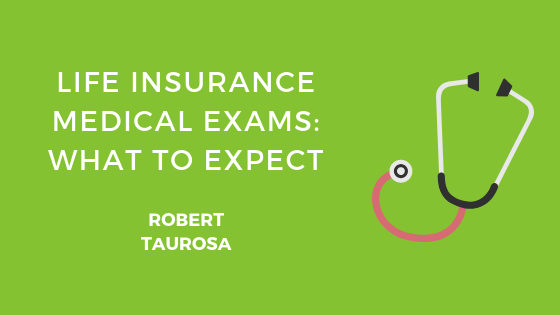If you’ve applied for life insurance, the company isn’t willing to take your application on trust alone. You’ll be asked to complete a medical examination before your policy goes into effect, but there’s no reason to be concerned. These exams are primarily standardized and nothing to be worried about. Here’s what you can expect when it’s time to make your appointment.
The Basics
Life insurance medical exams require the oversight of a medical practitioner, but that doesn’t mean that you’ll have to be seen by a doctor. Most exams are handled by nurses and involve an assessment of your current medical status and your general history. This exam is split into two parts, and it will be the determinant factor in whether or not you’re applicable for life insurance and what premium you can expect to pay. Usually, these exams can be done from the comfort of your own home, and the attending medical professional will bring all the equipment they need to run the proper tests. The entire process typically takes about 20 minutes to complete.
The Questionnaire
Exams start with a general questionnaire that helps your insurance get a basic understanding of your health condition. The fundamentals here are pretty basic. You’ll be asked questions about any past hospitalizations and procedures as well as current and previous prescriptions and conditions. They’ll also ask about the medical history of your family to identify any potential risk vectors and try to get an impression of your lifestyle habits. This can include how regularly you exercise and drink and whether you use drugs or cigarettes or have in the past. This is also the point where you’ll be asked how much life insurance you’re looking to purchase.
Sample Collection
Once the questionnaire is completed, the professional will perform a few studies to make sure that they have the information they need. This will start like a typical physical by gathering your weight and height and be followed by a measurement of your pulse and heart rate. You can then expect a urinalysis sample to test for drugs, the presence of HIV, and protein glucose levels. Finally, you’ll be asked to provide a blood sample to analyze protein, glucose, and cholesterol properly.
The process doesn’t take long, but it can have a significant effect on the quality and cost of your insurance. Be sure to answer the questions honestly. A decision will usually be made regarding the information you provide within a few months of your exam.
